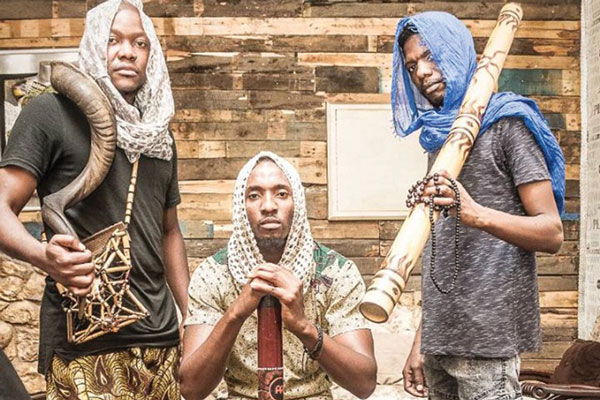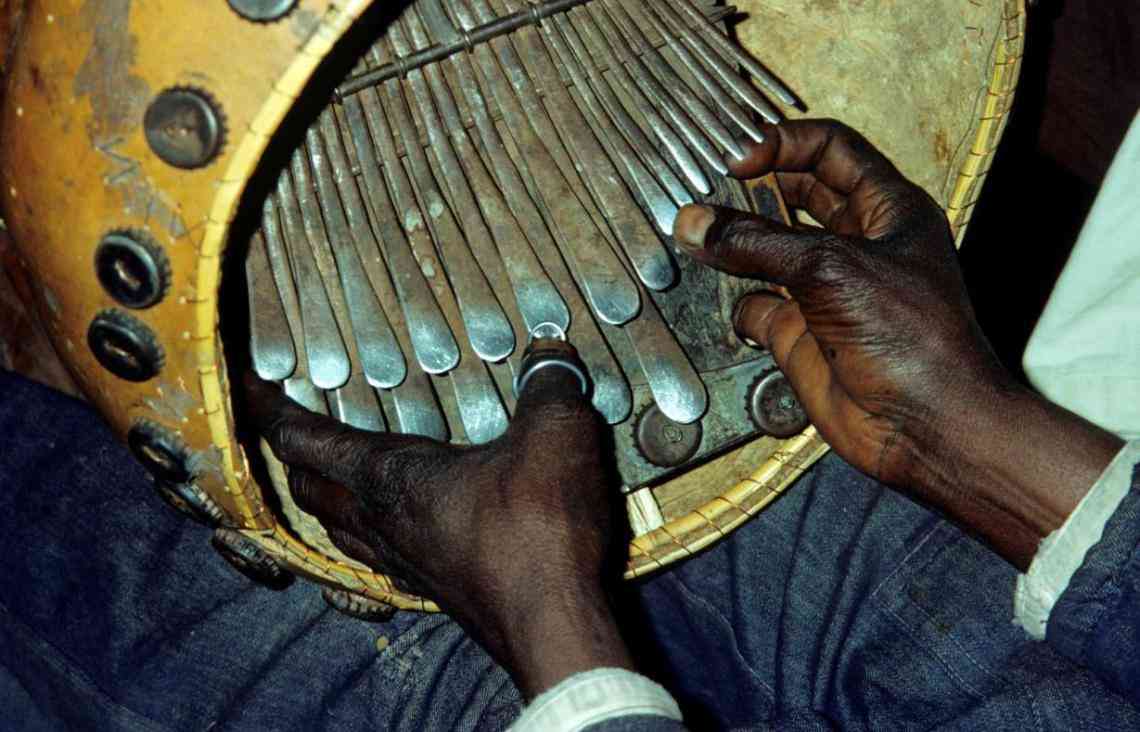

Sound Track: Sindiso Dube
LISTENING to Djembe Monks’ latest album, Bantu Migrant, is like taking a voyage, just like part of the album title suggests — “migrant”.
The trio’s ethnic, original and organic sound takes listeners through different emotions in this new 12-track offering. Love, hate, economic hardships and ubuntu make up the themes of Bantu Migrant.
The trio of Emmanuel ‘Rootz’ Nkomo, Khotso Seromello Nare and Slimza WaAfrika is undoubtedly the best tribal ensemble in the country due to its track-record and discography, which includes projects such as Deep Love Drums and Bang the Drum and appearances on many international festivals.
The album starts off with the cry of a nation, a devastated and economically crippled nation in a song titled Imisebenzi (Bantu Move) featuring talented vocalist Xmile. Imisebenzi aptly means jobs. The song is synonymous to the Zimbabwean situation of high unemployment and ballooning inflation.
In the song, the artistes call for the government to create employment opportunities so that people can fend for their families which are living in dire poverty. The song resembles the first step of the journey of a Bantu migrant, hence it’s also called the Bantu Move.
Historically, Bantu people were the speakers of Bantu languages, comprising several hundred indigenous ethnic groups in Africa. The name Bantu was coined to represent the word for “people” in loosely reconstructed proto-bantu. These were nomads, who moved from one place to another in search of good climatic conditions and land for agricultural activities as well as mining and hunting.
Like the old Bantu people who travelled around the continent in search of a good economy, the Djembe Monks are wanderers in their own nature. They have travelled across southern Africa in search of the next show and fan. They have become trusted guest artistes at the Okavongo Delta Festival on Rockston Island in Tsutsubega, Botwana.
- Chamisa under fire over US$120K donation
- Mavhunga puts DeMbare into Chibuku quarterfinals
- Pension funds bet on Cabora Bassa oilfields
- Councils defy govt fire tender directive
Keep Reading
After dazzling at the annual festival, the organisers have invited the trio for another dance on Rockston Island this year.
In search of lost love and affection, Djembe Monks, featuring Mimie Tarukwana and Cyd Bass, ask a crucial question: Where Did the Love Go? The song is about a lover who probes her partner about how their love has gone cold.
Djembe Monks employs the vocals of the beautiful and talented Masa for Un Peu D’amour, a French word meaning a little bit of love. The song talks to African nations to love one another and stop hate. The message fits the recent xenophobic attacks that happened in South Africa.
A live Djembe Monks is not complete without hamming Somabhula, a favourite of many. Every time it’s played, fans are seen grooving in ecstasy to the tribal beat complemented by Willis Wataffi’s vocals of Somabhula.
Somabhula is a village in Midlands. It was well-known for its mixed farming and cattle ranching activities. It was also the rail junction for Zimbabwe’s southern links to neighbouring Mozambique and South Africa.
The song is about a rural boy, a cattle header from rural Somabhula who wins the affection and love of a city girl, but a wealthy rival suitor is not impressed and uses everything in his power to end the relationship.
The title track is more like the middle of the Bantu journey. The track starts-off in a laid-back mood and ups the tempo as the ‘journey’ continues. The guitar strings by a ‘Bantu migrant’, Trust Samende of the globe-trotting Mokoomba, works the magic of dictating the mood and tempo of the song.
The song is inspired by the journeys travelled by Djembe Monks to share music. It also reflects how Africans are scattered all over the world, trying to eke a living. Families have to endure the pain of being apart just to secure material wealth.
The trio recently launched a craft beer brand named The Djembe Monks Craft Brew in partnership with The River Brewing Co, which is the biggest micro-brewery in Victoria Falls.
The trio also chronicles a life of a man who works hard for his family, but is always let down by the people he trusts so much in a song called Kosomoro which features afro-pop singer and dancer Mzoe 7. The man works hard but people, including his son, always steal from him.
Willis Wataffi’s vocals also feature in Mabororo (problems). The song urges friends and family to stop pointing fingers at each other when there are problems, but to work together to find a solution. The song also reflects on the Zimbabwean political landscape, where political parties are always at each other’s throats at the expense of civilians and a dying economy.
The new album, in a nutshell, is a book where readers discover themselves through reading the chapters.











